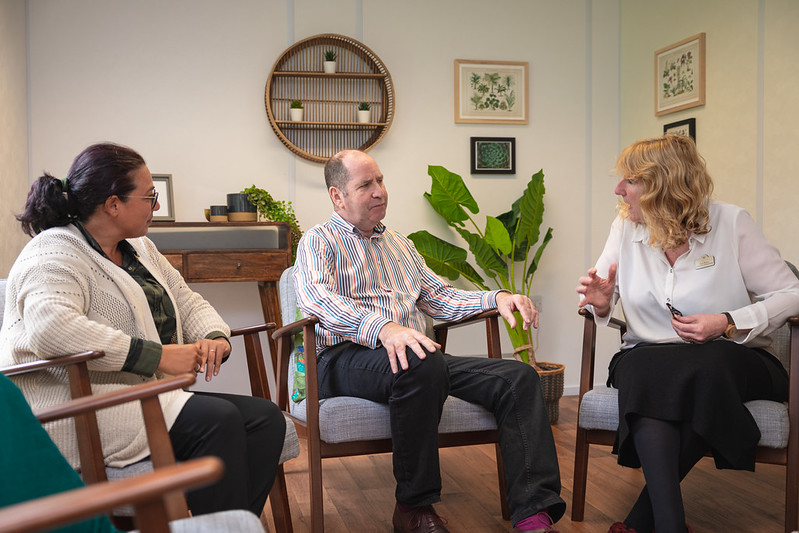Dual diagnosis is the medical term that describes patients who have been diagnosed with addiction to alcohol or drugs as well as having related psychological problems which aggravate the addiction.
Dual diagnosis is also known as ‘co-occurring disorders’, or ‘comorbidity’. The additional mental health problems that usually co-occur with addiction are:
- Post-traumatic stress disorder;
- Depression;
- Anxiety or panic attacks;
- Eating disorders;
- Obsessive-compulsive disorder (OCD);
- Sexual compulsivity;
- Personality disorders;
- Brain damage;
- Other psychological disorders;
- Burn out / work-related stress;
- Grief & loss issues.
People suffering from addiction are more likely to be diagnosed with a mental health disorder, and people struggling with a mental health condition have a higher likelihood of developing an addiction due to the tendency to misuse drugs as a way of relieving symptoms or side effects of their mental health disorder.
Dual Diagnosis is Best Treated in Residential Rehab

Dual Diagnosis is a complex condition requiring both the mental health disorder and the addiction to be treated at the same time. The addiction and the underlying mental health issues are best managed and treated concurrently within a residential rehab treatment programme. Diagnosing and treating dual diagnosis patients in their home community can be complex and difficult, and often puts patients at a high risk of relapse. Different support providers may be involved in individual cases which can lead to fragmented care and insufficient supervision making consistency of treatment quality hard. The mental health disorder cannot be treated without the patient being sober, and the patient is at a high risk of relapse if their mental health issues go untreated. There is no single treatment option for dual diagnosis, as each case is unique.
Our long-term rehab programme at Castle Health is the right choice for treating dual diagnosis patients for several reasons:
- We devise a personalised treatment plan for each patient, going beyond the 4-week primary care plan and looking at the complex correlations between addiction issues and the mental health disorders they are suffering from.
- At Castle Health clinics we employ leading Consultant Psychiatrists, doctors, accredited addiction therapists, and experienced nurses to tackle all aspects of addiction. Patients with co-occurring disorders are consulted by a qualified team of medical specialists. Focal therapists treat the patient in private psychotherapy sessions. The patient’s treatment plan is continually adapted to fit their needs based on progress.
- We use a comprehensive blend of specialised therapy and medical care to treat patients with complex needs. For example, some dual diagnosis patients need to continue detox during second-stage treatment. At Castle Health we are equipped to provide medically-managed detoxification and 24/7 nurse supervision to ensure that the patient is comfortable during a gentle withdrawal process.
- We provide a wide range of specialised addiction therapies. In addition to this, we also use various complementary therapies, such as mindfulness meditation, acupuncture, equine therapy and drumming.
- We offer specialised 24/7 care, in a single organised framework. Our experienced medical staff communicate with each other daily about each patient’s progress. This means we give complex cases the time and attention they require to achieve long-lasting recovery.
- Cognitive behavioural therapy (CBT) is an important treatment for dual diagnosis, especially with eating disorders. We challenge the vicious cycle of negative thoughts and behaviours, regarding the body and the relationship with food. We educate patients about eating disorders and show them healthy ways of replacing dysfunctional behavioural patterns.
- We treat the patient holistically and we continually set new goals for the patient’s complete recovery and abstinence.
- We place a great emphasis on educating patients about their problems, teaching them relapse prevention skills, assertiveness skills, coping strategies and ways to enhance self-esteem and cope with negative feelings and relapse triggers.
Phone Us For Help Now
If you have been struggling with an addiction to alcohol, drugs or gambling and at the same time have symptoms of depression, anxiety, PTSD, grief, eating disorders or any other problems that are hindering your recovery, call our admissions team at Castle Health for more information.



